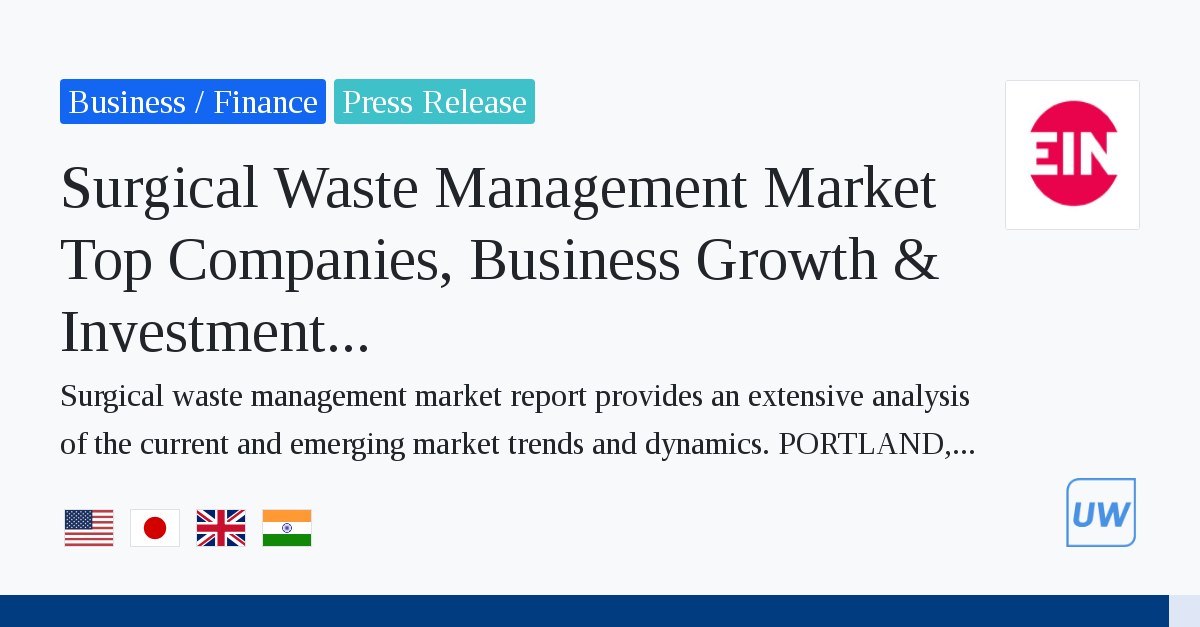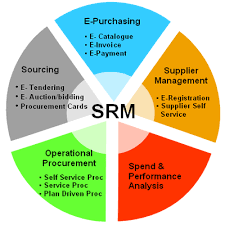
The management of waste is a key responsibility for businesses. Waste disposal is a legal responsibility that has an impact on the environment. It is vital for businesses that they recycle. However, every year there is still a lot waste. Businesses must be accountable for any by-products from their processes. Businesses can make a better future by following current laws and regulations. They can also create policies that will help them achieve their goals.
Environmental impact
Waste management in businesses can have both a positive and negative effect on the environment. Garbage that isn't properly disposed can cause contamination of water and surfaces. This can pose a health hazard for animals, plants, and humans. It also pollutes air, which can lead to respiratory problems and other health issues. To combat these issues, businesses should ensure that they are using environmentally-friendly methods of waste management.
Businesses that manage waste are becoming more aware of environmental issues is a good thing. It does not matter if a business has a small or large scale, it's important to follow environmental regulations. This step will not only enhance your company's reputation and image, but it will also help you earn praise from environmental groups and be a model for solid-waste policies. In order to make a difference in the environment, it is worth investing in recycling equipment.
Prices
Many costs associated with waste management include transport vehicles, fuel, containers and landfill taxes. Recycling can come with additional costs. While recycling is not always free, it can help you save money and make your waste management easier. Many cities have recycling programmes that reduce the amount waste sent to landfills.

Recyclable waste is often much cheaper than traditional landfill fees, and over 60% of rubbish can be recycled. The UK government also has strict regulations for waste disposal. Non-compliance could result in jail time or fines.
Problems
Poor waste management contributes to climate change, air pollution, and degrades many ecosystems. Landfills are the last option for disposing of waste. They release methane which is a powerful greenhouse gas that can be linked to climate change. They can also pollute water and soil. Sometimes, businesses may create more waste than they can handle.
Poor waste management can lead to health problems and increase the risk of disease outbreaks. Solid waste that has not been properly managed can cause severe skin irritations and even serious respiratory problems. It can also contaminate surfaces and water, contributing to food borne illnesses. Landfills left unattended can have a negative impact on the health of the community. Toxic chemicals may leach into the groundwater and cause problems.
Solutions
Waste management is essential for businesses, as it can help keep working areas cleaner and safer. This is especially important to companies working in the food and beverage industry. A solid waste management strategy can help minimize liability and reduce the risk of being fined. It can improve customer relations and enhance brand image. It can help you stay ahead by streamlining your waste management processes.
It is possible to streamline your waste management processes by measuring and identifying the amount of waste that you produce. Consider investing in a large-scale vertical baler if your business produces a lot more cardboard waste. This will reduce waste volume and make it more easy to recycle.

Partnering with waste management companies
A waste management company can partner with your business to help manage its waste. It's important that you choose a company that is compatible with your business' schedule and has consistent pickups or deliveries. It is important to choose a waste disposal company that is well worth the investment.
You should choose a waste management company that puts your interests first. They should be able provide estimates and schedule collection at the frequency you prefer. They should also be easy to contact, and should have a strong customer-centric approach.
FAQ
How can a manager motivate his/her staff?
Motivation can be defined as the desire to achieve success.
Enjoyable activities can motivate you.
You can also get motivated by seeing your contribution to the success or the improvement of the organization.
For example, if you want to become a doctor, you'll probably find it more motivating to see patients than to study medicine books all day.
A different type of motivation comes directly from the inside.
For example, you might have a strong sense of responsibility to help others.
Perhaps you enjoy working hard.
Ask yourself why you feel so motivated.
Then, consider ways you could improve your motivation.
How can we create a culture of success in our company?
A successful company culture is one that makes people feel valued and respected.
It's based on three main principles:
-
Everybody has something of value to share
-
People are treated fairly
-
People and groups should respect each other.
These values are reflected by the way people behave. They will treat others with respect and kindness.
They will respect other people's opinions.
These people will inspire others to share thoughts and feelings.
Company culture also encourages open communication, collaboration, and cooperation.
People can freely express their opinions without fear or reprisal.
They know that they will not be judged if they make mistakes, as long as the matter is dealt with honestly.
Finally, the company culture promotes integrity and honesty.
Everyone knows that they must always tell truth.
Everyone understands there are rules that they must follow.
People don't expect special treatment or favors.
What role does a manager have in a company's success?
There are many roles that a manager can play in different industries.
A manager is generally responsible for overseeing the day to day operations of a company.
He/she ensures that the company meets its financial obligations and produces goods or services that customers want.
He/she is responsible for ensuring that employees comply with all regulations and follow quality standards.
He/she plans new products and services and oversees marketing campaigns.
How to effectively manage employees
Effectively managing employees means making sure they are productive and happy.
This includes setting clear expectations for their behavior and tracking their performance.
Managers need to establish clear goals for their team and for themselves.
They should communicate clearly to staff members. They should also ensure that they both reward high performers and discipline those who are not performing to their standards.
They must also keep track of the activities of their team. These include:
-
What did you accomplish?
-
How much work was done?
-
Who did it?
-
What was the moment it was completed?
-
Why?
This information can be used for monitoring performance and evaluating results.
Statistics
- Hire the top business lawyers and save up to 60% on legal fees (upcounsel.com)
- 100% of the courses are offered online, and no campus visits are required — a big time-saver for you. (online.uc.edu)
- The average salary for financial advisors in 2021 is around $60,000 per year, with the top 10% of the profession making more than $111,000 per year. (wgu.edu)
- As of 2020, personal bankers or tellers make an average of $32,620 per year, according to the BLS. (wgu.edu)
- The profession is expected to grow 7% by 2028, a bit faster than the national average. (wgu.edu)
External Links
How To
How is Lean Manufacturing done?
Lean Manufacturing processes are used to reduce waste and improve efficiency through structured methods. They were created by Toyota Motor Corporation in Japan in the 1980s. The aim was to produce better quality products at lower costs. Lean manufacturing seeks to eliminate unnecessary steps and activities in the production process. It is made up of five elements: continuous improvement, continuous improvement, just in-time, continuous change, and 5S. Pull systems involve producing only what the customer wants without any extra work. Continuous improvement means continuously improving on existing processes. Just-intime refers the time components and materials arrive at the exact place where they are needed. Kaizen is continuous improvement. This can be achieved by making small, incremental changes every day. Fifth, the 5S stand for sort, set up in order to shine, standardize, maintain, and standardize. To achieve the best results, these five elements must be used together.
Lean Production System
Six key concepts form the foundation of the lean production system:
-
Flow - The focus is on moving information and material as close as possible to customers.
-
Value stream mapping - break down each stage of a process into discrete tasks and create a flowchart of the entire process;
-
Five S's: Sort, Shine Standardize, Sustain, Set In Order, Shine and Shine
-
Kanban - use visual signals such as colored tape, stickers, or other visual cues to keep track of inventory;
-
Theory of constraints - identify bottlenecks in the process and eliminate them using lean tools like kanban boards;
-
Just-in-time - deliver components and materials directly to the point of use;
-
Continuous improvement - Make incremental improvements rather than overhauling the entire process.